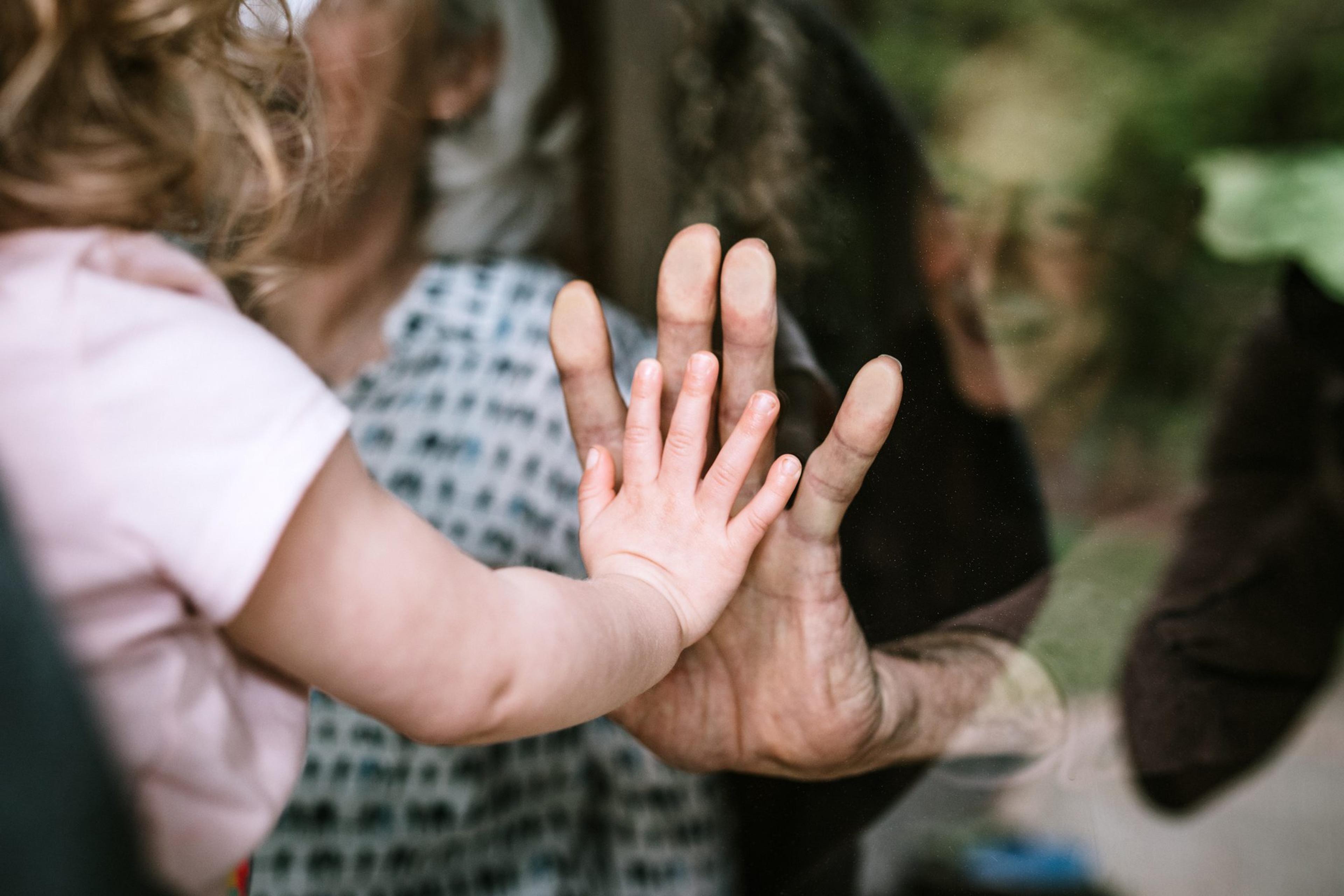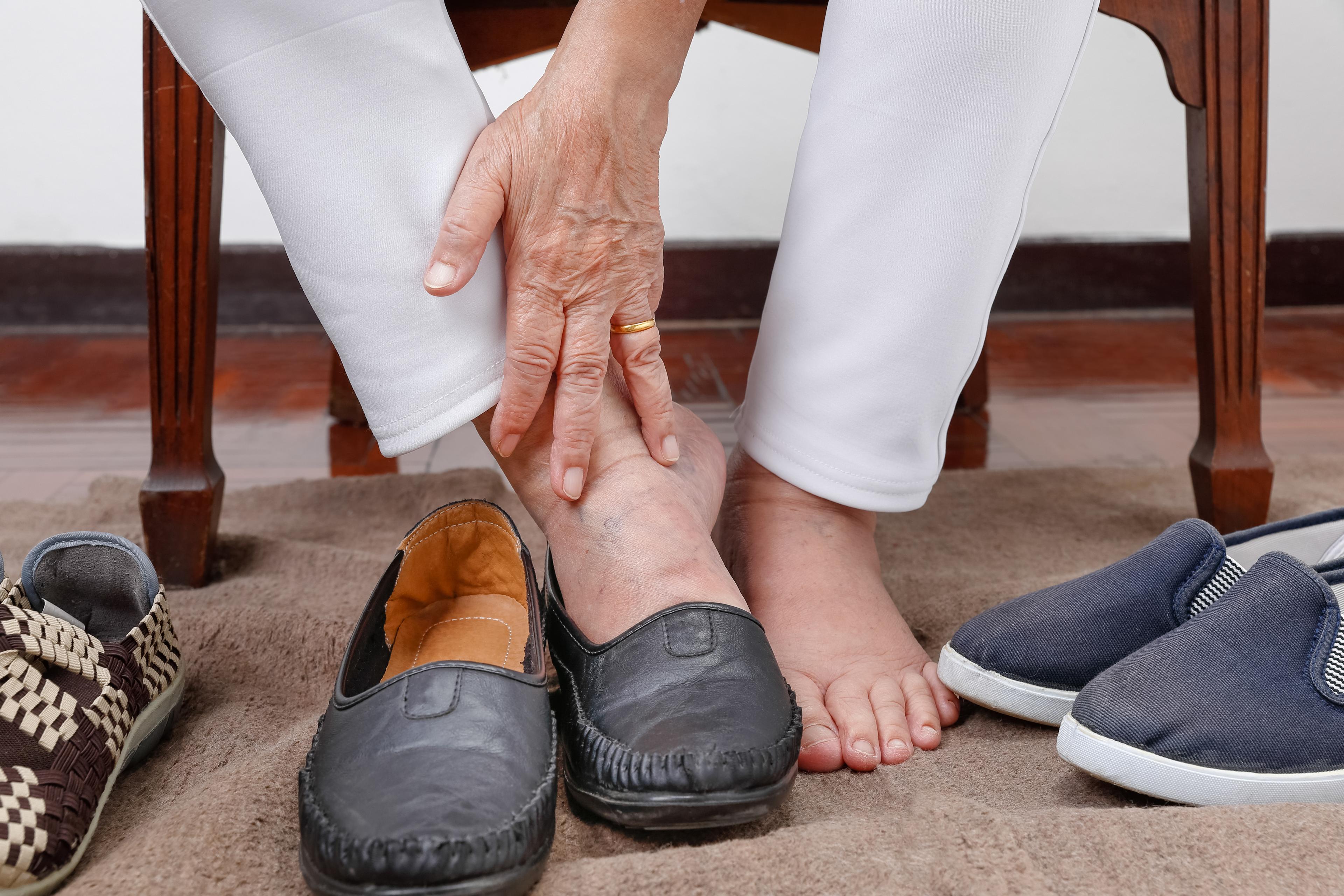Pandemic Isolation Worsened Alzheimer’s and Dementia for Many
Amy Barczy
| 3 min read
Amy Barczy is a former brand journalist who authored content at Blue Cross Blue Shield of Michigan. Prior to her time at Blue Cross from 2019-2024, she was a statewide news reporter for MLive.com. She has a decade of storytelling experience in local news media markets including Lansing, Grand Rapids, Holland, Ann Arbor and Port Huron.

Public health restrictions in the pandemic meant everyone spent more time alone than usual – but for individuals with dementia and Alzheimer’s disease, the isolation was particularly damaging. Louise Verbeke, a long-term care ombudsman for the Area Agency on Aging 1-B – which covers a six-county region of southeast Michigan – works with families of Alzheimer’s and dementia patients. She describes it pointedly: “If you are already beginning to forget things, I could only imagine what it must be to know that you’re forgetting things, to know you’re forgetting your family,” Verbeke said. “Then your family disappears – what must you think?” Isolation can be devastating, even for the average person. Scientists have found cognitively healthy older adults experienced new or worsened neuropsychiatric symptoms due to the extreme social isolation of the first half of 2020; including increased confusion and anxiety. For individuals with Alzheimer’s and dementia, they were at an extremely high risk of worsened psychiatric symptoms and severe behavioral disturbances as a result of the pandemic isolation. “If a patient already had a dementia diagnosis, people got worse,” Verbeke said. Ninety-three percent of peer-reviewed research papers into the effects of pandemic isolation on individuals with dementia reported new or worsened behavioral or psychological symptoms in dementia patients. Individuals with dementia and Alzheimer’s disease – the most common form of dementia – typically rely on sensory stimulation and a set of social interactions as a part of their therapy. Without these social cues, individuals with dementia can more rapidly progress to more severe stages of the disease. Without stimuli, boredom can strike easily – increasing the chances of anxiety, apathy, sleep disturbances, agitation and hallucinations. Additionally, the cognitive changes and symptoms associated with dementia made it challenging for individuals to understand, remember and follow pandemic safety precautions like wearing a mask and social distancing. Families are now working to pick up where they left off from before the pandemic. Mary Katsarelas, long-term care ombudsman for AAA 1-B, said it’s never been more important for family members to take an active role in the care of their loved one. Encouraging adults with Alzheimer’s and dementia to take part in social activities again is important – but can be challenging after they have been told to stay away from others for the past two years, Katsarelas said. Starting with small visits or chats at the doorway is a start. Establishing a family visitation schedule for adults at long-term care facilities can also help residents begin to re-engage with their memories. Social interactions have been proven to improve the mood of individuals with dementia, especially in women. Using routine, everyday tasks to activate the brain – even as simple as folding towels – is a good way to keep adults with dementia mentally active. The AAA 1-B has resources to help families and caregivers. Visit aaa1b.org to learn more. More from MIBluesPerspectives:
- What You Need to Know About Alzheimer’s and Other Forms of Dementia
- More Americans Being Diagnosed with Dementia
- Social Worker Sees Uptick in Seniors Battling Depression
Photo credit: Getty Images





